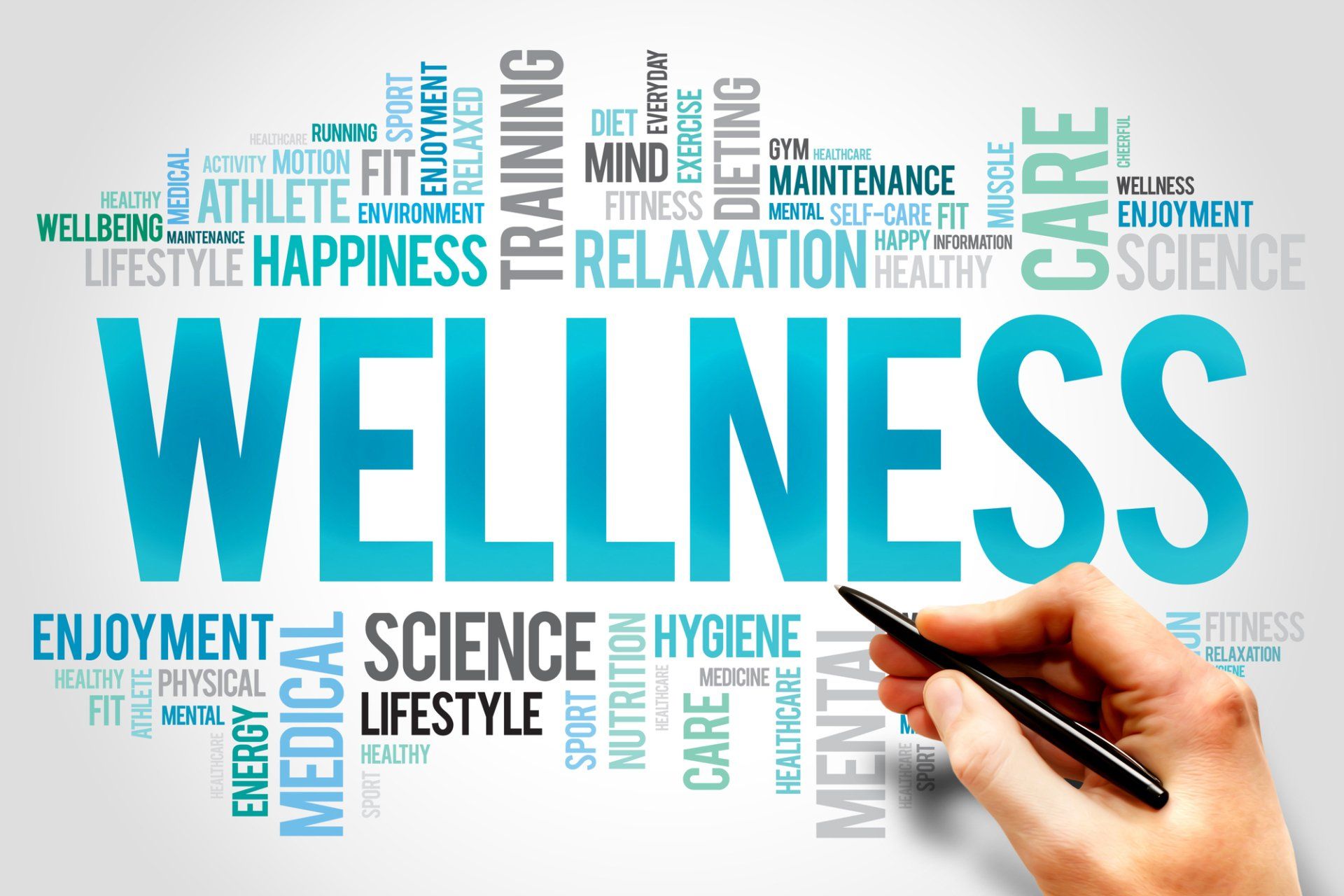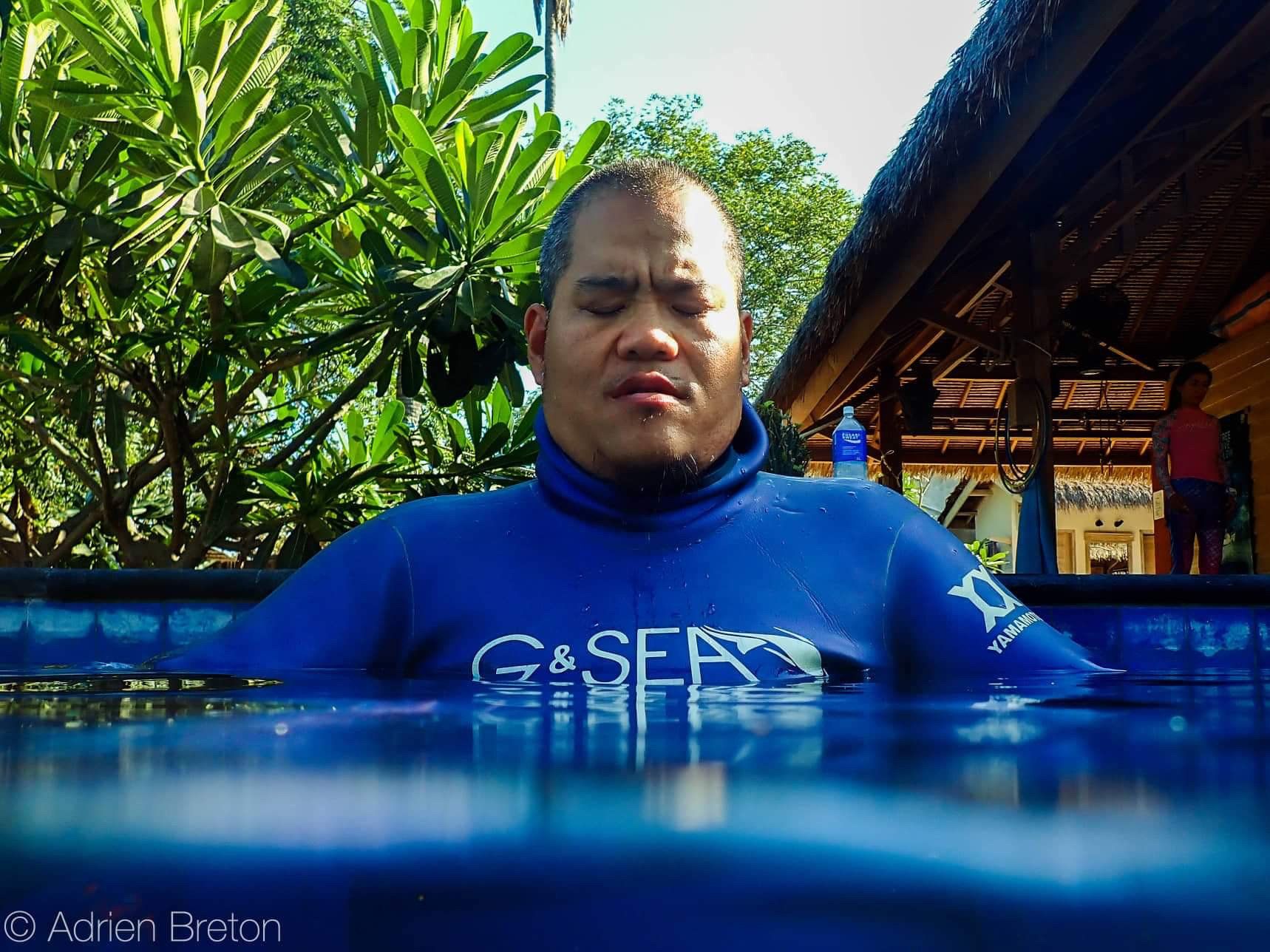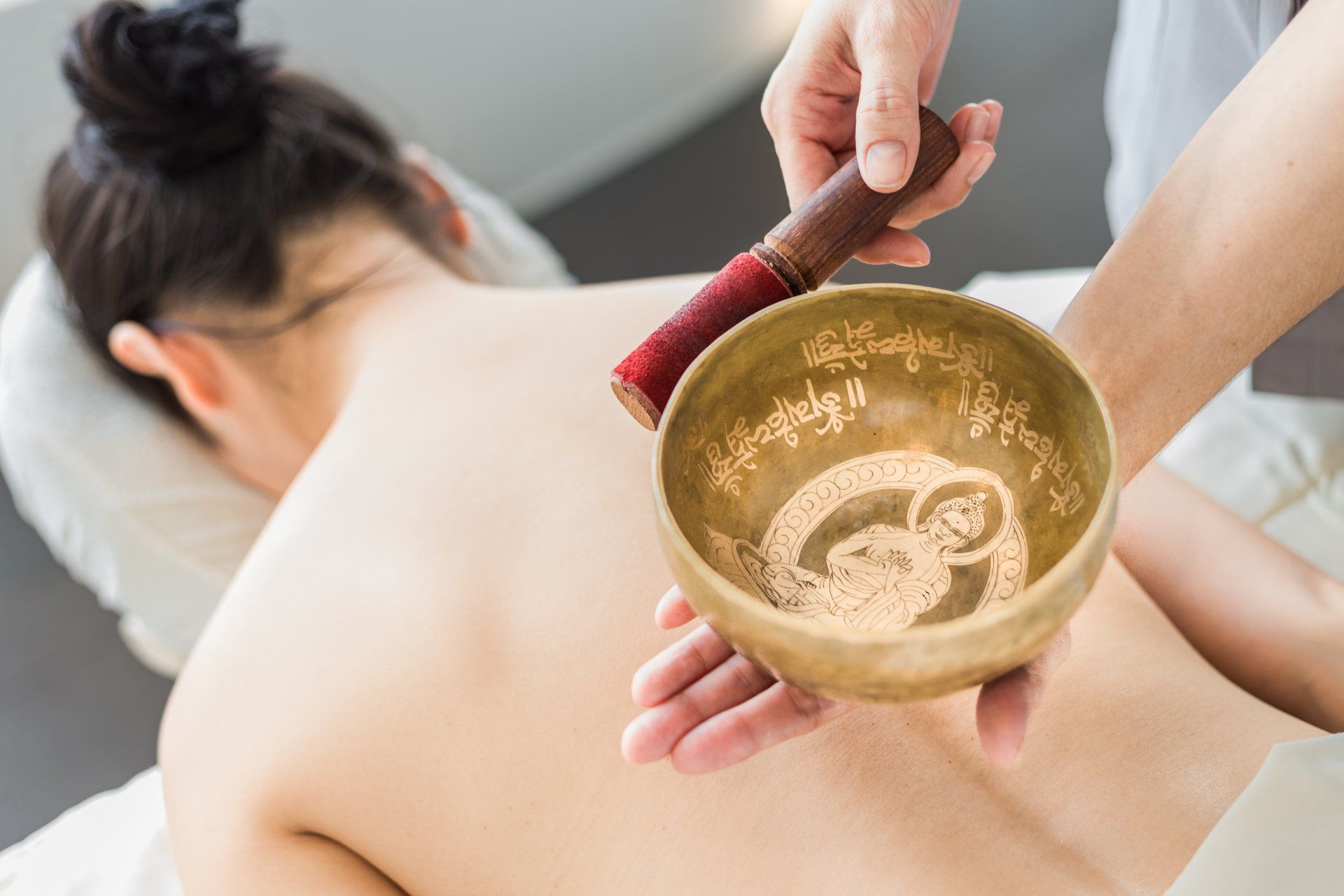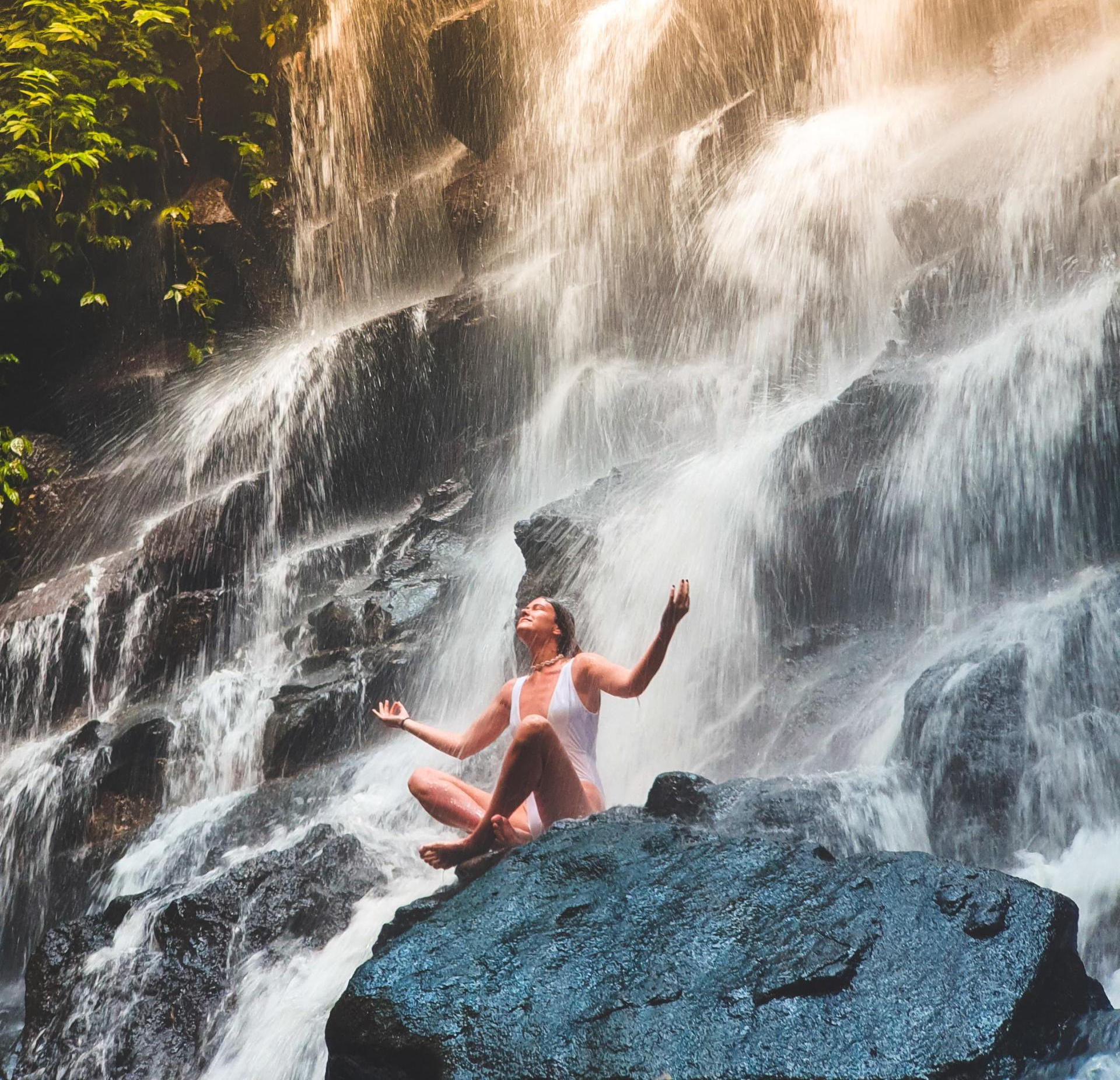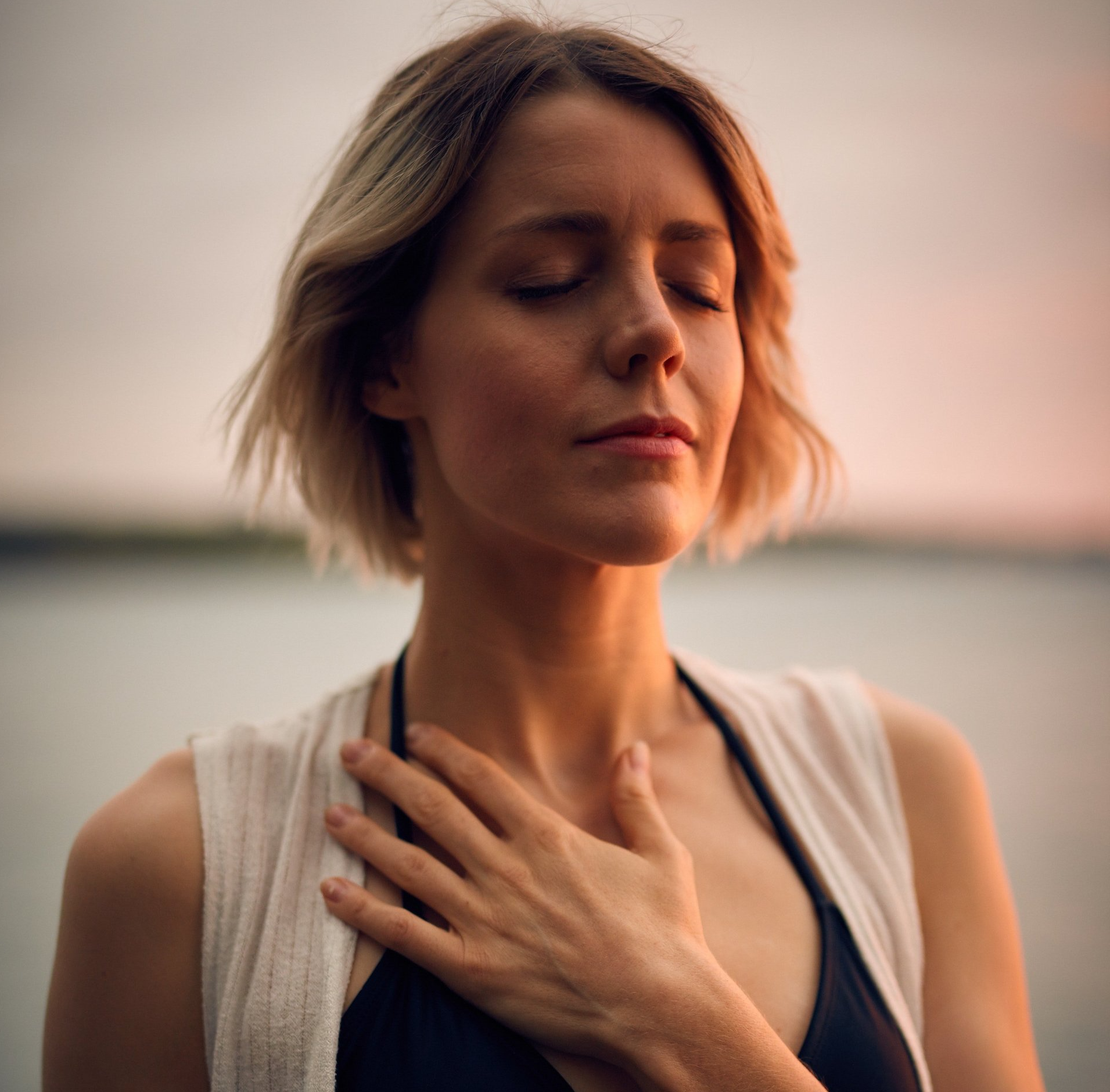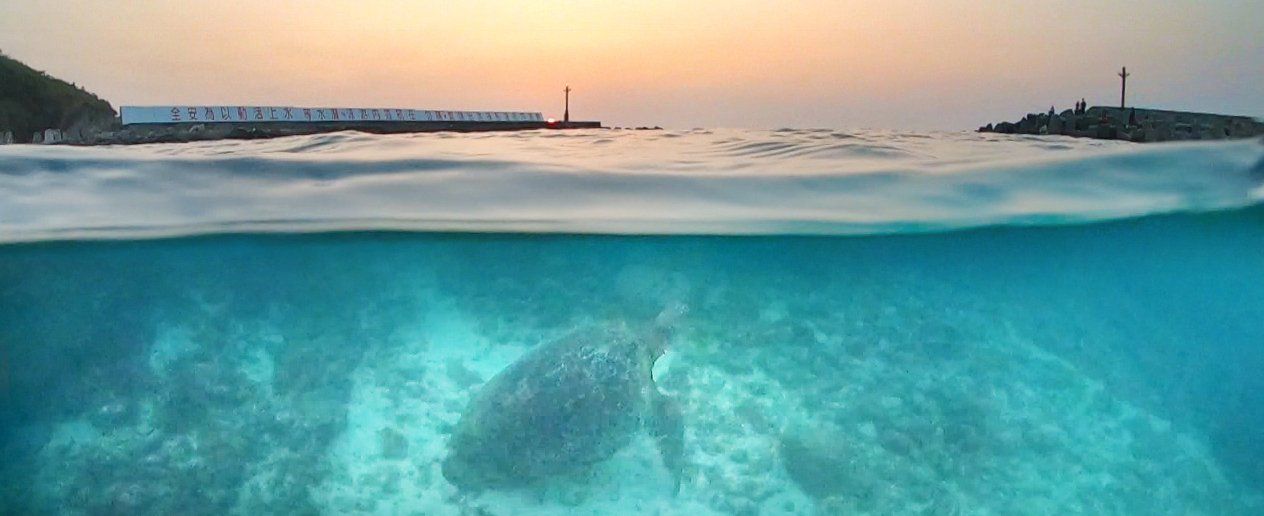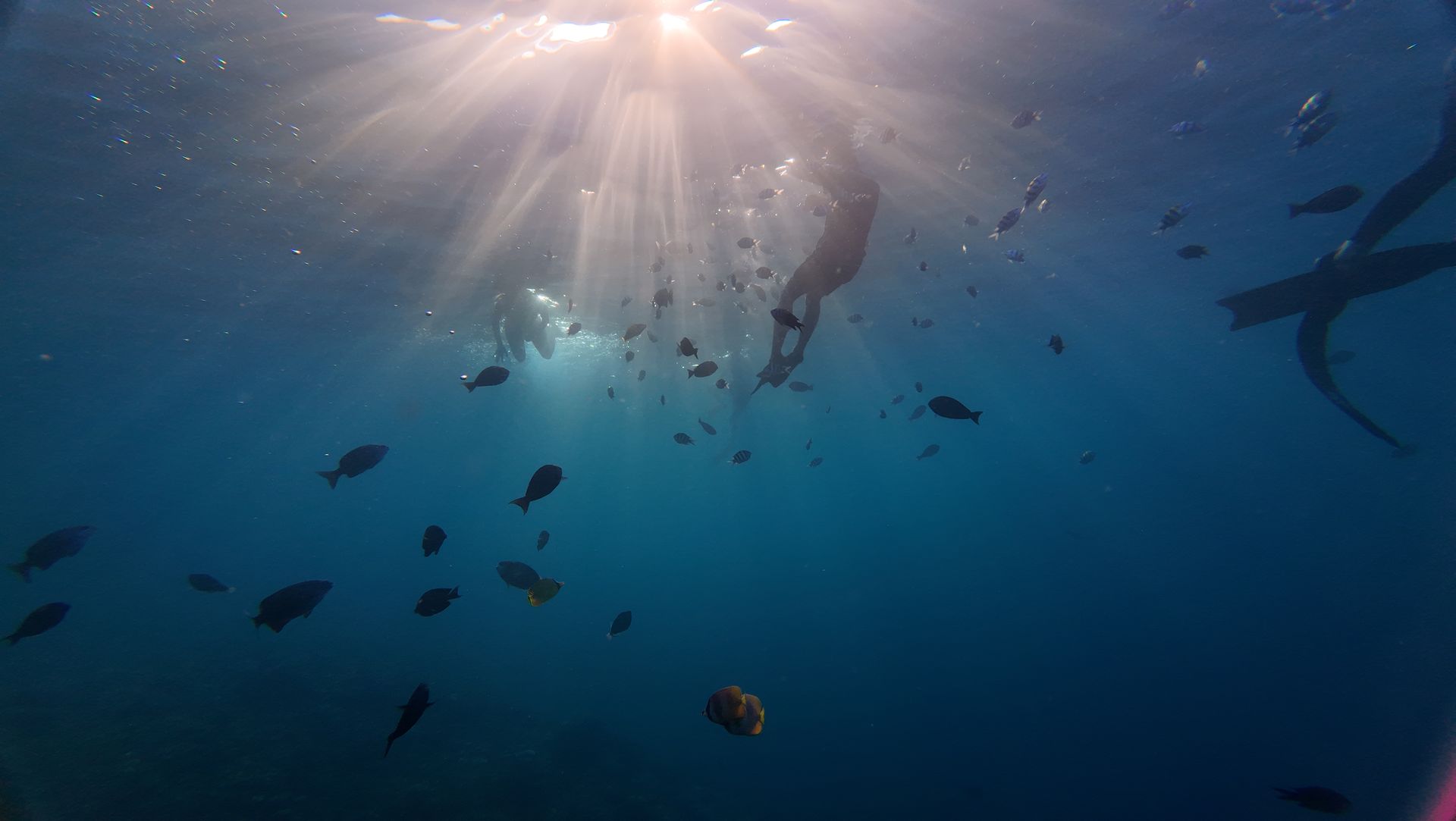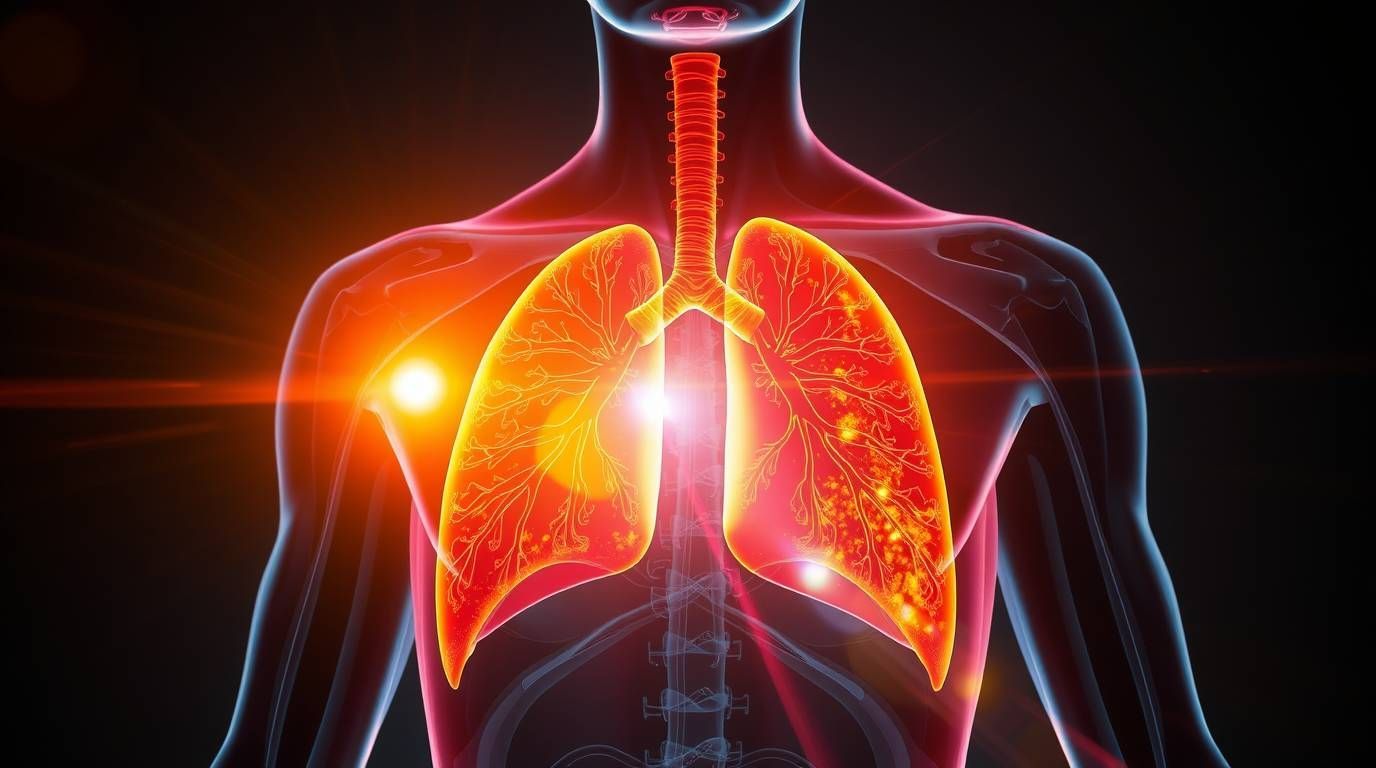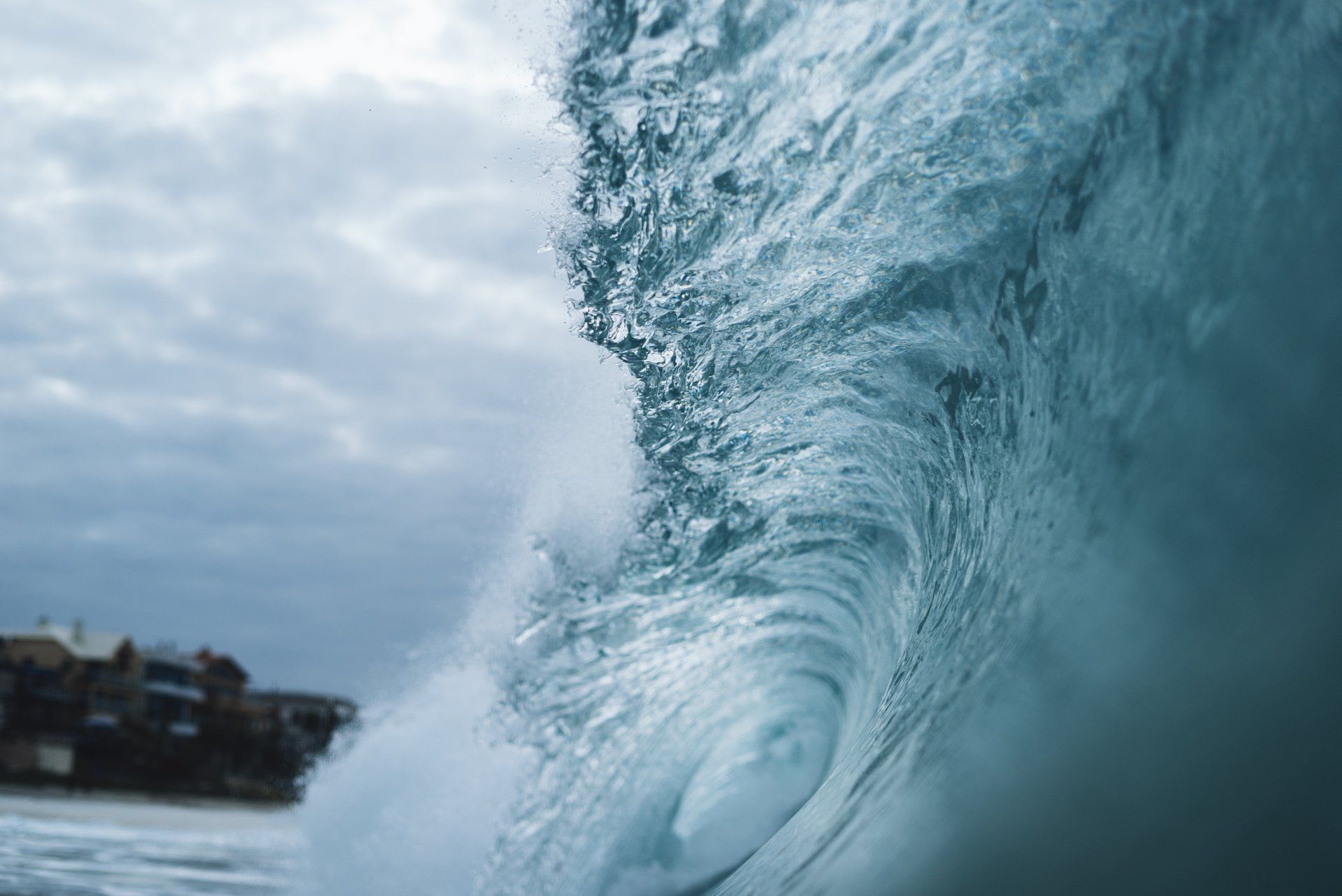
What do you think of when you hear the word "wellness"? If I were to guess, a few things like massages, yoga classes, meditation, detoxing, and vegetarian meals. And colonics or fasting?
But what about a hike in the mountains or a freedive course? Oh yesssssss!
As awareness for holistic health practices has grown in recent years, especially during these COVID-19 times, naturally, so has demand – the wellness industry is now one of the fastest growing industries on Earth. And along with growing demand came the ever-expansion of the field of "wellness".
What is Wellness?
Wellness is not just about our physical health. It goes beyond your body’s own needs and wants, incorporating a holistic approach to one's health.
There are many other aspects that contribute towards achieving this goal; mental, spiritual, and emotional well-being should also be included when considering what constitutes the definition of “wellness."
Freediving is Wellness
Freediving is an increasingly popular activity in the wellness world because of its strong emphasis on mental aspect. It can also help reduce stress and anxiety, increase mental acuity, as well as improve mood - or basically chill you the f*** out.
Moreover, freediving can be one hell of a mindfulness practice because when you are holding your breath and diving you must be present and aware of yourself and your surroundings and nothing else. Many consider freediving a form of meditation.
My Story of Freediving and Healing
I took my beginner and intermediate freedive course on Xiaoliuqiu (Taiwan) as a tourist, where I've been lucky enough to live and teach freediving courses.
At that time, I was fighting two battles: fibromyalgia and recovering mentally from a divorce and custody battle that lasted eight years that finalized two years prior.
Learning freediving has been one of the most amazing, healing, and rewarding experiences of my life. In and of itself, it's very rewarding, but on top of that, it helped me heal from these two challenges.
When I first took a freedive course, I thought it would be great to dive and explore the underwater world up close without having to strap a big scuba tank on my back.
What I soon found out, and this was a total surprise, was that freediving was a way of life, a healthier and happier one.
And it is a holistic, healthy way of life as you must combine several aspects of wellness to progress, like physical fitness, the ability to relax, breathwork, meditation, mindfulness, and nutrition. Despite it being hard work, physically, after those two courses, I felt a rejuvenation to a level I never quite felt.
I love massages, spa treatments, yoga, float tanks, and vegetarian food for a day, but 3-4 days of that, which is what a typical freedive course lasts, would do my head in. I need to stay busy otherwise, my brain will go places I don't want it to go. Moreover, for me anyways, these traditional wellness modalities effectiveness felt more ephemeral.
Being a bit out of shape as I was working an office job for most of the daylight hours between Monday and Friday, the 4-5 day freedive course was quite physically challenging, made worse by my fibromyalgia which made my body stiff and sore every morning, especially after training in Brazilian Jiujtisu to the point I've pretty much given up on my favorite sport I discovered as an adult.
Despite this, I felt relaxed, rejuvenated, and energized. I felt younger and the best I've felt physically since my diagnosis of fibromyalgia in 2015.
As I read through this again, some of the claims seem unbelievable or exaggerated. I can see that. But I changed the course of my entire life to further pursue this art of breath-hold diving simply because of the way it made me feel.
Ever since I started freediving, I've researched precisely why it makes me feel so happy, healthy, rejuvenated, and calm ie all the words you would associate with wellness.
Here are some of the things I discovered:
Blue Mind - The Science of Being in Water
Even before I was freediving, I was fascinated with the ocean.
When I look back at my childhood, a lot of my good memories involved the water. Snorkeling in Hawaii, fishing and rolling around the waves in Pismo Beach, family holidays on house boats in lakes.
And as an adult, I've always been drawn to the ocean or large bodies of water, as my preference for holidays was usually by the ocean: Bali, Indonesia, Phuket and Koh Samui in Thailand, Boracay in the Philippines and Kenting, Taiwan.
The Blue Mind is a book written by Wallace J Nichols that uses science to explain and quantify the positive mental and physical effects of water.
If you don't have time to read the book, check out one of his Ted Talks, you'll be instantly inspired to go to the ocean, I GUARANTEE IT.
Thus the Blue Mind has become a concept to describe this positive phenomenon when around water. It is an antidote to the Red Mind which unfortunately is the base state a lot of us in modern society are in which is stressed, overstimulated, anxious etc.
The Blue Mind also counteracts the Grey Mind which Nichols refers to spending too much time indoors and in front of screens which can lead to decreased energy levels, erratic mood levels and lack of motivation.
Brain scans have shown that when we are near water the brain is flooded with feel-good neurotransmitters like dopamine, serotonin and oxytocin and decreased levels of the stress hormone cortisol. It's no wonder why surfing is a treatment for PTSD for military veterans in the US. Every time I dive, I feel like the ocean is giving me a badly needed hug.
And did you know one of the two origins of the word spa is from the Latin word Salus per Aquam" or "health from water". So the healing properties of water has been known for a long long time.
So simply by being in the water makes freediving a wellness activity. But there's more.....
The Wedge: Calm Under Stress
Ever since I started freediving, I've experienced a persistent calmness in my life like I've never experienced before.
It's one thing to be calm under mostly normal or moderately stressful situations. It's another thing to be calm under enormous stress.
Feeling the urge to breathe when you can't can be one of the scariest situations a human can face; it is a threat to your survival. And even if you know your life is not at risk, your body doesn't; that's why it triggers the Mammalian Dive Reflex; it's a SURVIVAL instinct.
Progression in freediving is achieved by learning to remain calm and relaxed despite your body's perceived threat of survival.
The Wedge is a book written by Scott Carney. The Wedge is the choice to separate your response from a stimulus.
We all have pre-programmed responses to specific stimuli from when we were a child. As a child, when we encounter a new stimulus, our brain will record our reactions into neural symbols. The next time you encounter a similar stimulus, your brain will tap the neural symbol for the reaction rather than using the brain to process it all over again. It's like your body's browser caching data from each website.
By repeatedly putting our body under environmental stressors, we can develop a wedge between the stimulus and our reaction. All you need is a mere few seconds, enough time to choose another reaction under your current emotional state rather than that of your five-year-old self. This gives you emotional resilience.
The author achieved this by having kettlebells thrown at him, going into hot saunas and ice baths, extreme breathwork, and ayahuasca to test this concept on himself and he concluded that once you master staying calm under pressure in other activities, you can generalize this skill in other areas of your life.
Since I started freediving, I have been able to use the wedge in my daily life. It takes a lot to get me mad or angry these days. Now, when I'm faced with something that would normally upset me a few years ago, I remain calm and can think through my next actions rationally. My road rage now, which has steadily but slowly improved since I was a teenager, is now at an absolute zero.
And I get that from freediving. When I dive and feel the urge to breathe, my body and mind flip a switch to relax. It's quite natural for me now, and I find my first reaction under an acute stressor is to relax, which is a more ideal reaction than flipping out or getting upset.
Breathwork
One of the most popular wellness modalities today is breathwork. Breathwork has been used for centuries to help people deal with stress, anxiety and depression.
This being the art of breath-hold diving, breathwork is an inseparable part of freediving.
Not only do you develop stronger and more flexible respiratory muscles, you also increase your tolerance to carbon dioxide, which has many health benefits.
The diaphragm is at the core of respiratory muscles. Through freediving, you will strengthen your diaphragm. This translates to a stronger core (helps ease back pain), improves sport and exercise performance and improves health as you won't need to work so hard to give your body oxygen.
James Nestor who wrote one of the most interesting books on freediving I've read called Deep: Freediving, Renegade Science, and What the Ocean Tells Us About Ourselves.
Nestor was not a freediver before he went to cover a freediving competition in Greece as a journalist and the book is about his journey and discovery in freediving. He covers topics like freediving with sperm whales, how freedivers aided the shark tagging in Seychelles to prevent shark attacks, the group of Japanese women in Japan who still freedive daily to harvest pearls, and competition freediving.
This led him to realize the importance of breath and breathwork, and his next book was a very deep dive into breathing called Breathe, which is a fascinating read about an overlooked bodily function, yet if you know how to control and manipulate it, it can have profound effects on your mind, physiology, and health.
Even former UFC Middleweight Champion Israel Adesanya is incorporating
freedive-type training
into his training and he credits that to help him not be so winded when he's fighting over five rounds.
With more freediving, your body will build up more tolerance to carbon dioxide as carbon dioxide levels increases when you hold your breath. Higher CO2 tolerances is correlated with lower anxiety and healthier person.
It also translates to higher nitric oxide production which increases the elasticity of your blood vessels. . Since I started freediving, I've been able to halve the amount of medication I've needed to control my hypertension for the first time in nearly 20 years.
Counterintuitive, but higher CO2 levels means easier access to oxygen for your body as it raises the acidity in your blood decreasing the strength of the bond between oxygen and hemoglobin which is the Bohr Effect.
Freediving is by far not the end all be all of breathwork, but it'll give you a proper introduction to the practice.
Intermittent Hypoxic Training
This is all the rage in performance athletics these days. Intermittent hypoxic training (IHT) is where athletes workout in a slightly hypoxic state whether that be training at altitude or breathing through an apparatus with reduced oxygen. Hypoxic training has been shown to confer many positive physiological changes for athletes and health benefits.
It has been shown to improve blood flow, oxygen transport, nitric oxide and even stem cell production.
It's all a matter of dose as moderate hypoxia has shown to have the most benefit but going beyond that will start to have a deleterious effect.
Though studies have not been done on IHT in the context of freediving, this is definitely a promising area to research more in the future.
Low-Impact Exercise
With fibromyalgia, any physical exertion, even moderately, would have me aching and feeling sore the next day. Exercise is so important for your general health, but it's difficult to persist and enjoy it when your body feels slammed the next day and it's difficult to get out of bed.
The combination of freediving and fibromyalgia made me fully appreciate the benefits of low-impact exercise. When I was learning to freedive, we were swimming hundreds of meters offshore on top of the vertical distance we were covering during diving. During my courses, I was alone or had only one other student with me, so I was doing more dives than typical for a freedive course.
At the end of the day, I felt physically exhausted, but in a good way; more importantly, I did not feel achy and sore the next day. In fact, I felt reinvigorated and rejuvenated, springing out of bed despite the intense physical activity relative to what I was used to the prior day.
So if you are a weekend warrior that's just moderately in shape and want to be active during a "wellness holiday," then freediving could be a sport to get into with no massage and ibuprofen needed the next day.
Conclusion
These are just a few of the many reasons that freediving can contribute to your mental and physical health and why activities like these are fast becoming an integral part of a wellness retreat.
If you are interested in taking a freedive course from me in Taiwan, please send me an e-mail at ray@freedivenomad.com. My wife has also put together a wellness package which includes breathwork class, 1 day discover freediving course and massage training course.
Stay connected and never miss an update! Click
here to subscribe to our freedive newsletter. You'll get exclusive access to our newest course schedules, freshly updated content, and intriguing insights into the world of freediving. We value your inbox space and promise to keep our emails interesting and spam-free.
ACTIVITIES RECOMMENDED
JOIN OUR COMMUNITY
Contact Us
Recent Posts
CLICK ICON BELOW TO SHARE POST
